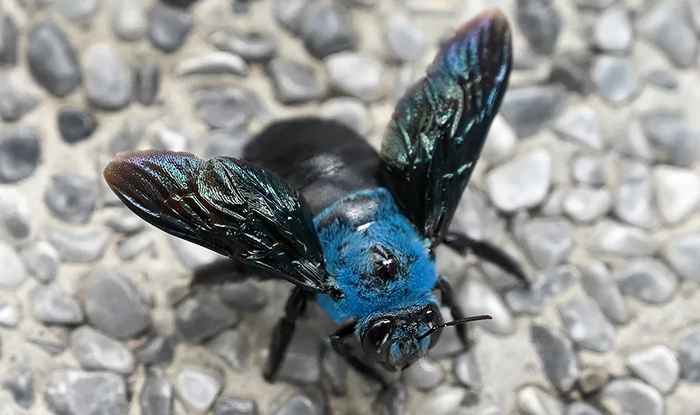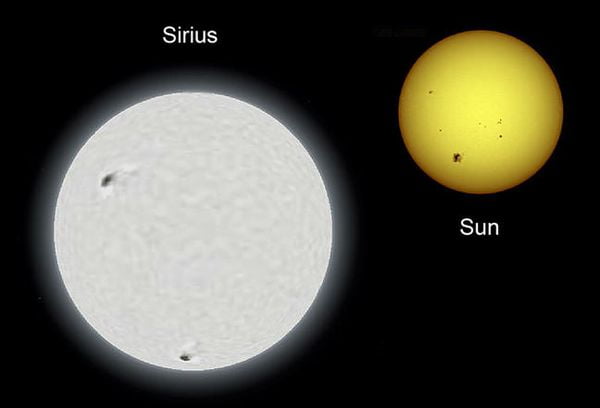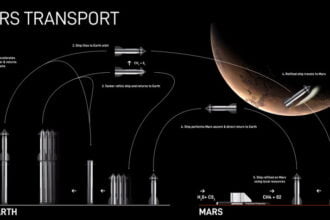We live in a beautiful place, where everything is colorful and bright. But have you ever thought about moving to another planet? Or have you thought about how long people would survive on each planet? We believe each of us has a dream to appear on a neighboring planet. So, we prepare for you a list indicating how long people would survive on each planet without a spacesuit.
Mercury
Mercury is the smallest and innermost planet in the Solar System. Its orbital period around the Sun of 87.97 days is the shortest of all the planets in the Solar System. It is named after the Roman god Mercury, the messenger of the gods. According to NASA, Mercury has the most extreme temperature compared to any other planet in our solar system. The hottest temperature in Mercury, that is to say, the side that faces the Sun can reach up to 800 degrees Fahrenheit (427 degrees Celsius). And the coldest temperature can reach minus 290 F (minus 180 degrees Celsius). The planet has an average temperature of 332 degrees Fahrenheit (167 C). Therefore, if you had an opportunity to live on Mercury, you would survive there without a spacesuit for about 2 minutes.
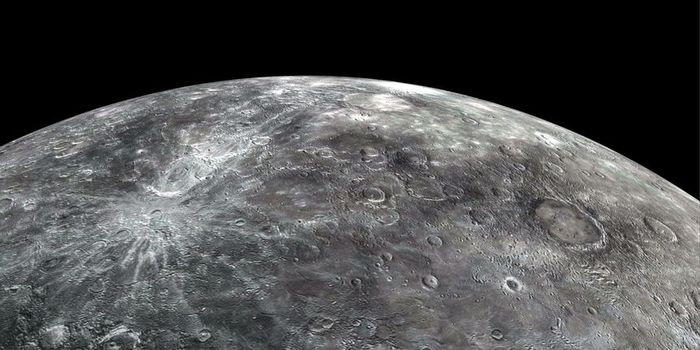
Venus
Venus is the second planet from the Sun, orbiting it every 224,7 Earth days. It has the longest rotation period (243 days) of any planet in the Solar System and rotates opposite to most other planets. It does not have any natural satellites and is named after the Roman goddess of love and beauty. Venus’s surface temperatures are at least 735 K (462 °C; 864 °F), making Venus’s surface hotter than Mercury’s. So, if you decide to go to Venus, be ready to live there for less than 1 second.
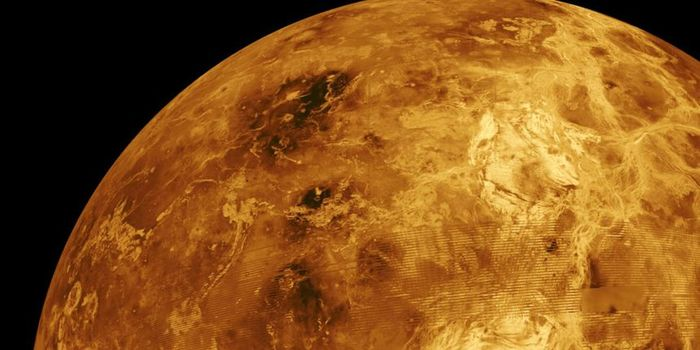
Earth
Earth is the third planet from the Sun and the only object in the Universe known to harbor life. Earth is unique because it is an ocean planet (water covers 70% of Earth’s surface). Owing to the gorgeous oxygen in our atmosphere, food, water, and everything like this that makes our planet habitable, we may live here for more than 80 years. Of course, we can live here even longer, but the average result is 80 years.
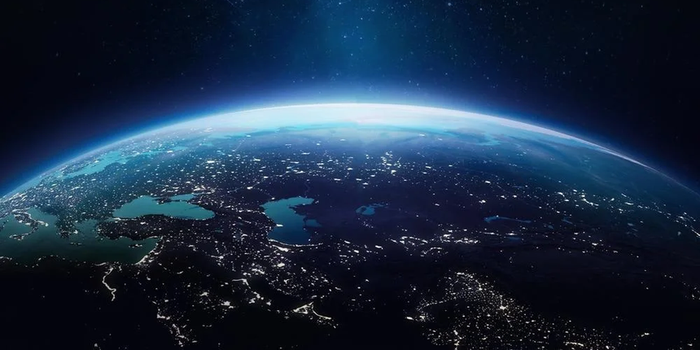
Mars
The following fourth planet from the Sun is Mars, the second-smallest planet in the Solar System, after Mercury. Mars is named after the Roman god of war and is often called the “Red Planet.” Among other planets in our Solar System, the seasons of Mars are the most Earth-like due to the similar tilts of the two planets’ rotational axes. The hottest temperature on Mars can reach up to 35 °C (95 °F), and the coldest Martian surface temperatures are −143 °C (−225 °F). So, on Mars, you could survive without a spacesuit for a maximum of 2 minutes.
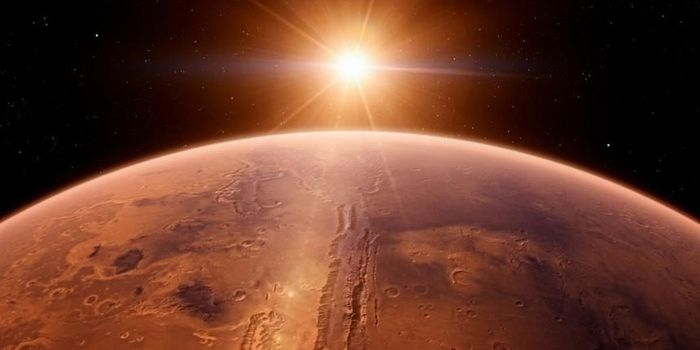
Jupiter
Jupiter is the largest planet in the Solar System and is a giant planet with a mass of one-thousandth that of the Sun, but two-and-a-half times that of all the other planets in the Solar System combined. Jupiter and Saturn are gas giants; the other two giant planets, Uranus and Neptune, are ice giants. The Romans named it after their god Jupiter. The temperature is -148 degrees Celsius. In Jupiter, you would survive less than 1 second.
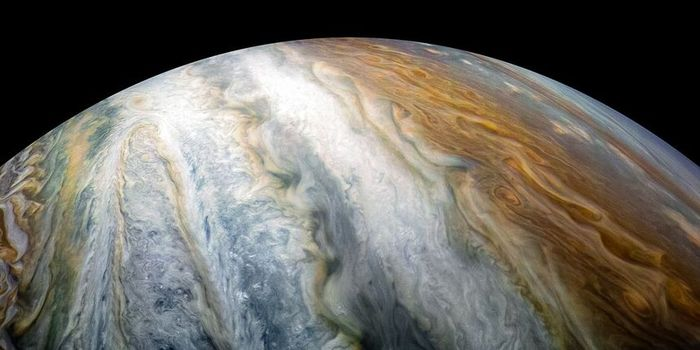
Saturn
Saturn is the sixth planet from the Sun and the second-largest in the Solar System, after Jupiter. It is a gas giant with an average radius of about nine times that of Earth. Saturn is named after the Roman god of agriculture. The outer atmosphere of Saturn contains 96.3% molecular hydrogen and 3.25% helium by volume. You could live there for less than 1 second.
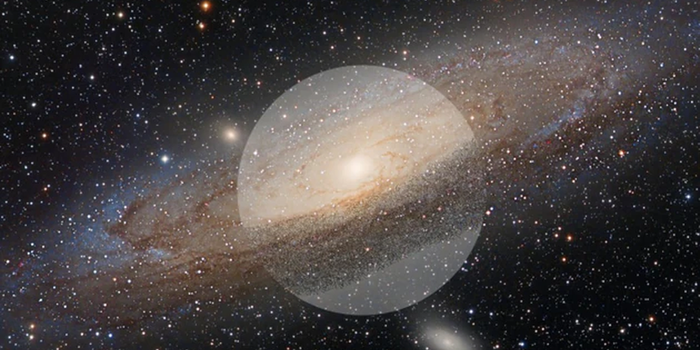
Uranus, Neptune
Uranus is the seventh planet from the Sun, and the eighth planet is Neptune. Uranus has the third-largest planetary radius and fourth-largest planetary mass in the Solar System. Uranus is similar in composition to Neptune, and both have a different bulk chemical composition from that of the larger gas giants Jupiter and Saturn. For this reason, scientists often classify Uranus and Neptune as “ice giants” to distinguish them from the gas giants. Uranus’s atmosphere is similar to Jupiter’s and Saturn’s in its primary composition of hydrogen and helium. Still, it contains more “ices” such as water, ammonia, and methane, along with traces of other hydrocarbons. Both in Uranus and Neptune, you could survive less than 1 second.
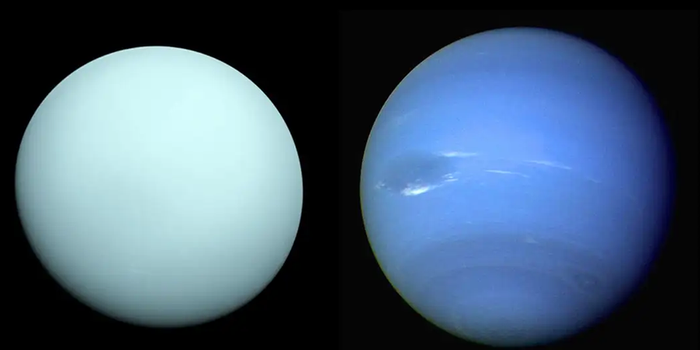
In the end, we would like to add that life on Earth is really lovely in comparison with any other neighboring planet. Nature is undoubtedly awesome and awe-inspiring. We showed you how long people would survive on each planet without a spacesuit; therefore, we want to finish our claim with the words of American writer Steven Wright. As quoted by the writer, “A friend of mine once sent me a postcard with a picture of the entire planet Earth taken from space. On the back, it said, “Wish you were here.”





